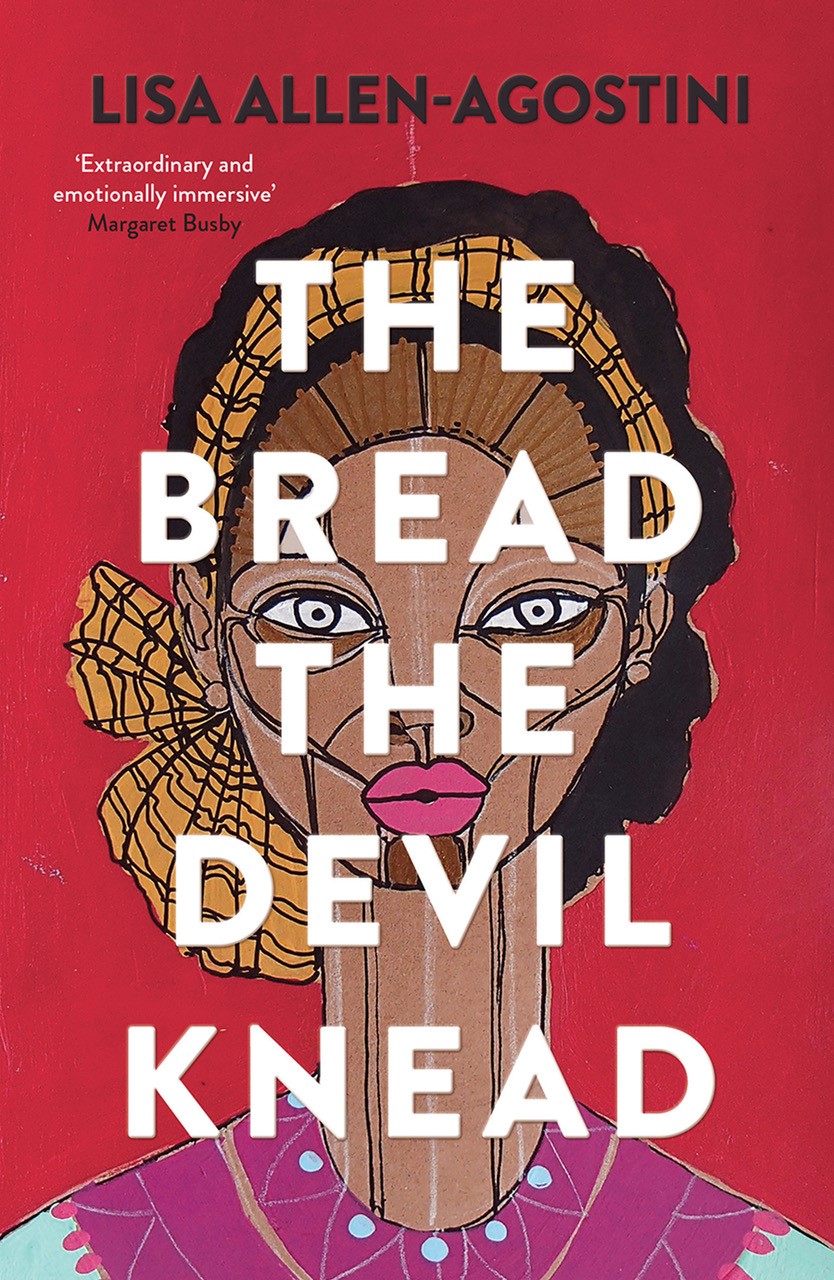 In The Bread the Devil Knead, we meet Allie. Confident and ambitious, she portrays an exterior of success while harboring a dangerous secret about her domestic life. This is an engaging read that digs deep into our society’s relationship with domestic abuse and uncovers a path to redemption.
In The Bread the Devil Knead, we meet Allie. Confident and ambitious, she portrays an exterior of success while harboring a dangerous secret about her domestic life. This is an engaging read that digs deep into our society’s relationship with domestic abuse and uncovers a path to redemption.
(I received a copy of this book so that I could prepare to interview the author.)
Allen-Agostini does not shy away from the subject of domestic abuse in this fast-moving read. Readers immediately know Allie’s situation. In the very beginning, Allie awakes in great pain, but afraid to make even the slightest moan lest she wake her abuser: her boyfriend Leo. We discover that she reads books to escape and that she has figured out how to compartmentalize her pain and make “[t]he black hole close up like water going down a drain.” We also get the sense that she is very close to a breaking point. Doubt is evident when she defends Leo’s actions to a friend: “‘He still love me,’ I say confidently, though I wonder if I self believe it.”
The book is set in Trinidad and Allen-Agostini does a great job setting the scene. The scenes on the streets of Port of Spain took me straight back to my time in Trinidad, taking maxi taxis, walking along and in the stores sporting arrays of bright clothing. Allie’s life is full, especially at the point where we meet her when she is taking careful steps to find enjoyment beyond her relationship with Leo. We experience her work environment, relationships with several other characters who try to help her in their own way and others who have “pure venom dripping from them big, square teeth.”
Allen-Agostini also nails the language, writing in first person in dialect that is both realistic, easy-to-understand, and full of context clues for those unfamiliar with Trinidadian dialect. Readers will feel like they are sitting in on an intimate conversation with the main character as she observes and navigates her world. Allie’s narration rolls off of the page, sweeping the reader along at a steady pace that is impossible to put down.
Allie is very relatable, the woman next door, which is just the point. Allen-Agostini explores the idea that an apparently normal relationship can be rotten on the inside and that women put on a good face, often while feeling powerless to change their situation. When Allie’s friend suggests she go to the police, Allie responds “You joking? What police go do? Say is man and woman business and leave me to get more cutass.” The book explores the complicated subject of love, how and why we justify and enable abuse in our communities. I read even beyond this, that Allie sometimes acted in ways to prove to herself that she deserved her abuse.
The Bread the Devil Knead also touches on generational trauma: how childhood experiences impact our expectations for adult relationships and perpetuates abusive situations. We learn that Allie ran away from home, shutting the door on a painful past, only to seek out situations where that past is reenacted. Incidents of Allie’s childhood are played out in third-person flashbacks–repressed memories of painful events Allie is really unable to interact with head on. These scenes are just as successful as the present day in terms of the richness of the language and the description, however, I found that the ending, when Allie’s past and present collide seemed too easy, especially set against the tremendous amount of work Allen-Agostini did constructing the plot of the rest of the book.
In the dramatic conclusion, Allen-Agostini leaves us with some hope. As she said to me, “I would like readers to take away that we can be redeemed and that we can grow beyond our histories.” We meet characters who have found ways to break the cycle of violence in their lives, and Allie begins on a road to healing. Her path–or at least aspects of it–may suggest useful options to the large numbers of men and women in unhealthy or abusive relationships.
My interview with Lisa will appear in the July issue of Cacique Magazine.

